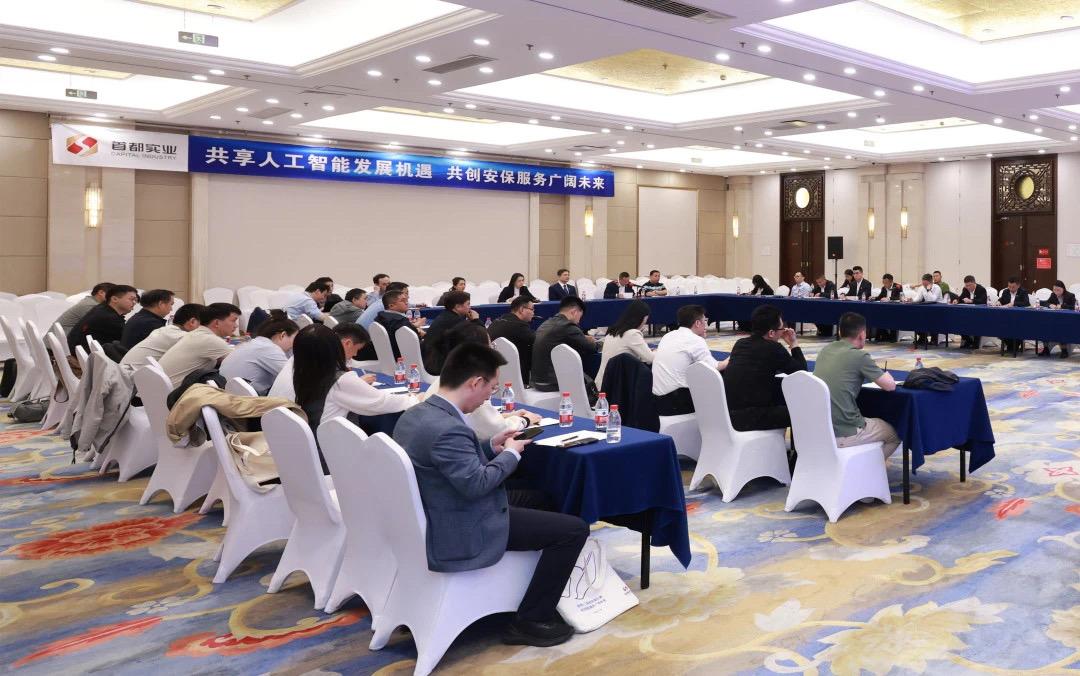Significant Role of STB in Developing Countries -- Benefits for Malawi
A postgraduate student from China Agricultural University explains knowledge of corn planting to a farmer in Quzhou county, Hebei province where the first Science and Technology Backyard is established. (PHOTO: XINHUA)
By Donasius Pathera
Science and Technology Backyard (STB) is a novel approach for nurturing postgraduate students studying agriculture who will be sent to the frontline of agricultural production to deal with practical challenges impacting farmers daily. The concept has gained recognition and importance in recent years, especially in the context of South-South countries like Malawi. These nations, often grappling with challenges related to agricultural productivity, food security and economic development, can significantly benefit from adopting and adapting the STB approach.
Most developing countries, including Malawi, predominantly rely on agriculture for their livelihoods and economies. However, they often face challenges such as low crop yields, limited access to modern farming techniques, and susceptibility to climate change. The STB approach facilitates the development and dissemination of locally adapted technologies, farming practices, and innovations, which can directly address these challenges.
Food security remains a pressing issue in many developing countries. By implementing STB systems, these nations can improve agricultural productivity, reduce post-harvest losses, and ensure a stable food supply. This is especially crucial in Malawi, where seasonal variations and droughts can threaten food security.
Developing a robust STB system encourages innovation, entrepreneurship, and the growth of small and medium-sized enterprises in the agricultural sector. This, in turn, contributes to economic development and job creation, vital for developing countries' overall prosperity.
China's success story in implementing STB provides valuable insights for Malawi and other developing countries in terms of government commitment, collaboration and knowledge transfer, and tailored solutions.
China's government has consistently prioritized investment in research and development, agricultural innovation and technology transfer. Malawi can learn from China's commitment to allocate adequate resources and political will to its STB system.
China has actively promoted collaboration between research institutions, universities and private enterprises. Malawi can emulate this approach by fostering partnerships between research institutions and local farmers, in order to promote knowledge adoption and technology transfer.
China's STB system is tailored to local conditions, taking into account the diversity of climate, soil and crops across the country. Malawi should similarly develop context-specific STB models that cater to its unique agricultural landscape.
Leveraging the "latecomer's advantage," which refers to the opportunity for countries to catch up and leapfrog more technologically advanced nations, in the context of STB, can be a strategic approach for many developing countries.
Malawi can use the latecomer's advantage in STB by adopting existing technologies strategically, learning from the experiences of others, and focusing on priority areas for development. By building human capital, creating a conducive ecosystem, fostering collaboration, and supporting indigenous innovation, the nation can accelerate its progress and leverage technology for sustainable development and economic growth.
The STB concept holds immense potential for developing countries to address agricultural challenges, enhance food security and promote economic growth. Drawing lessons from China's successful implementation of STB systems, Malawi can tailor its approach to its unique context, fostering collaboration, investing in research and capacity building, and ensuring knowledge transfer to farmers. By doing so, Malawi can model its STB system to empower farmers and contribute to the nation's sustainable development.
Donasius Pathera is a policy officer at the Food and Agriculture Organization of the United Nations Malawi office.







